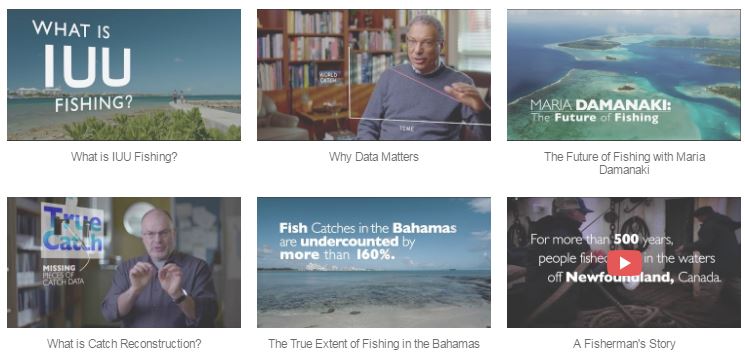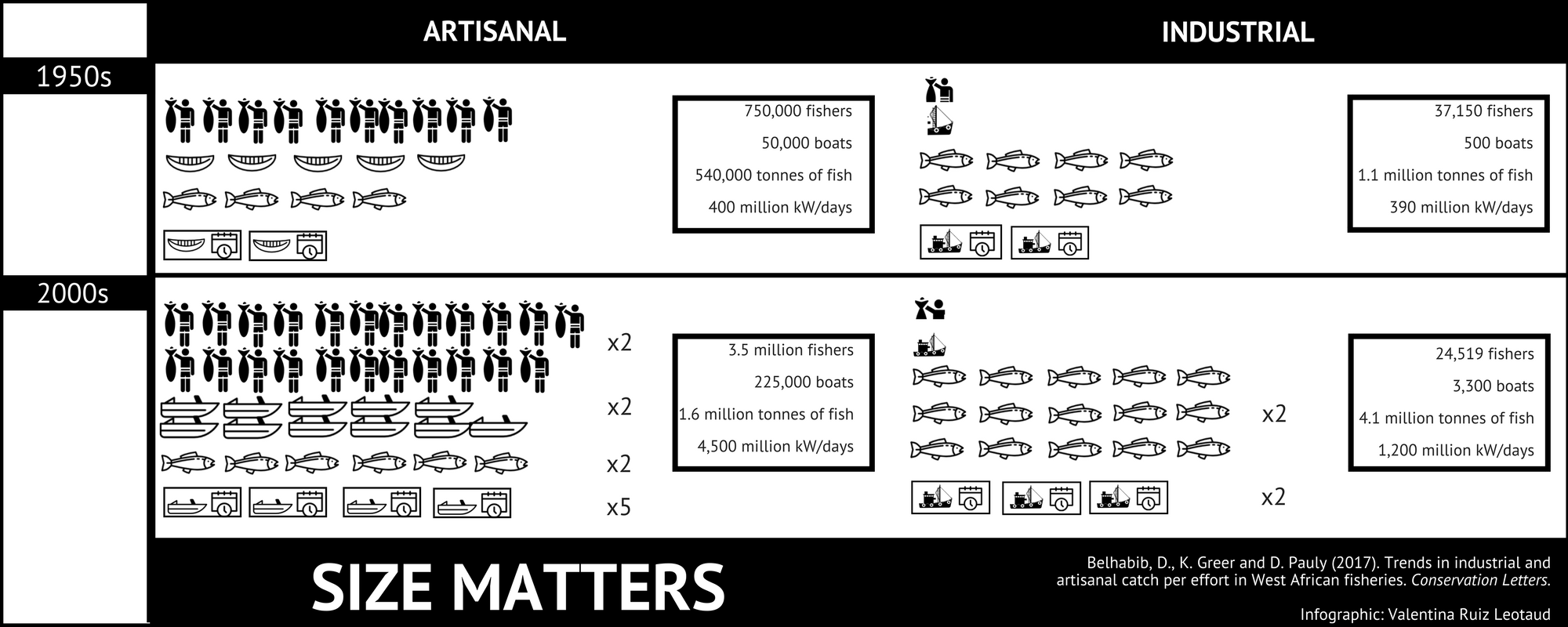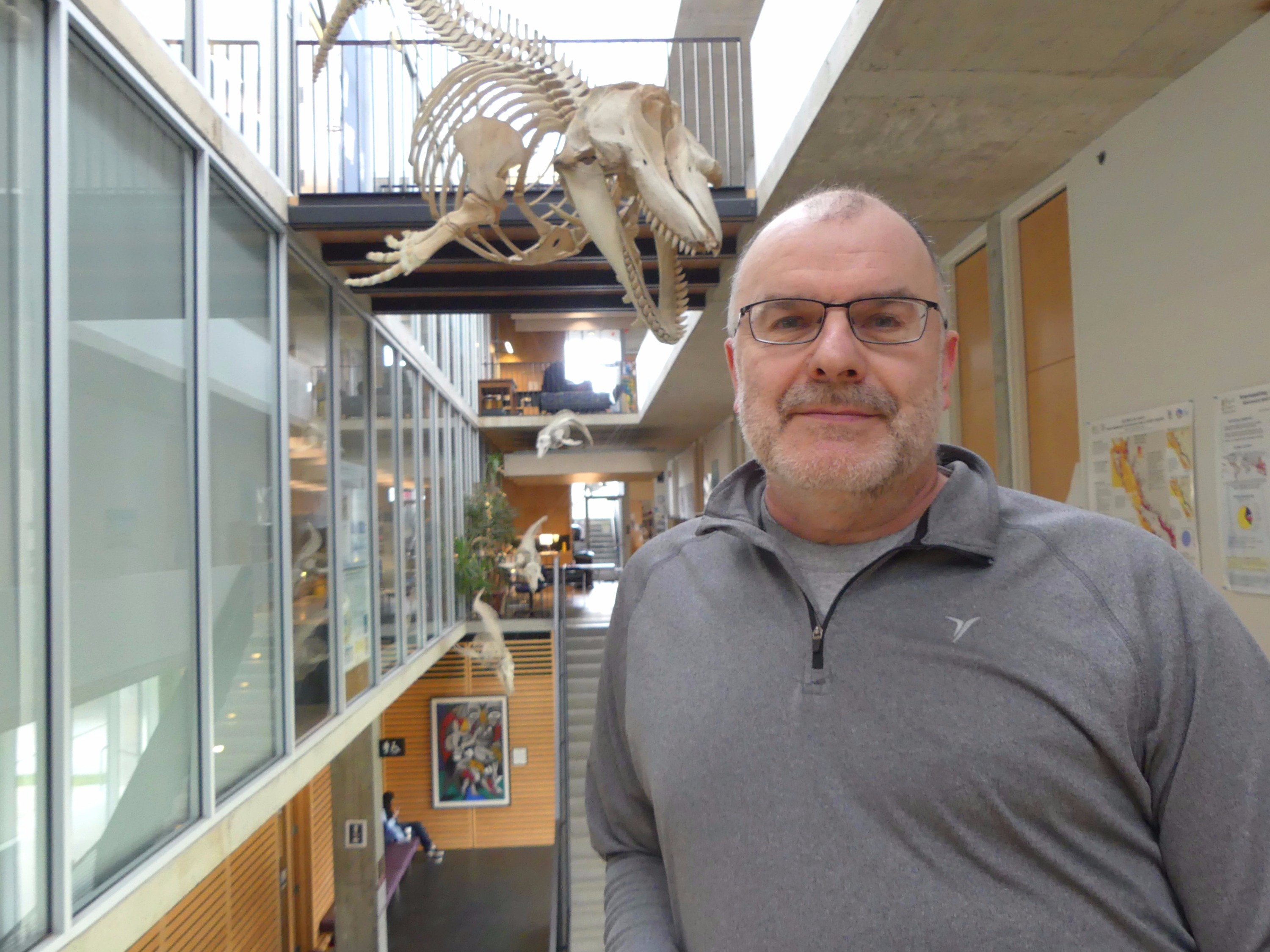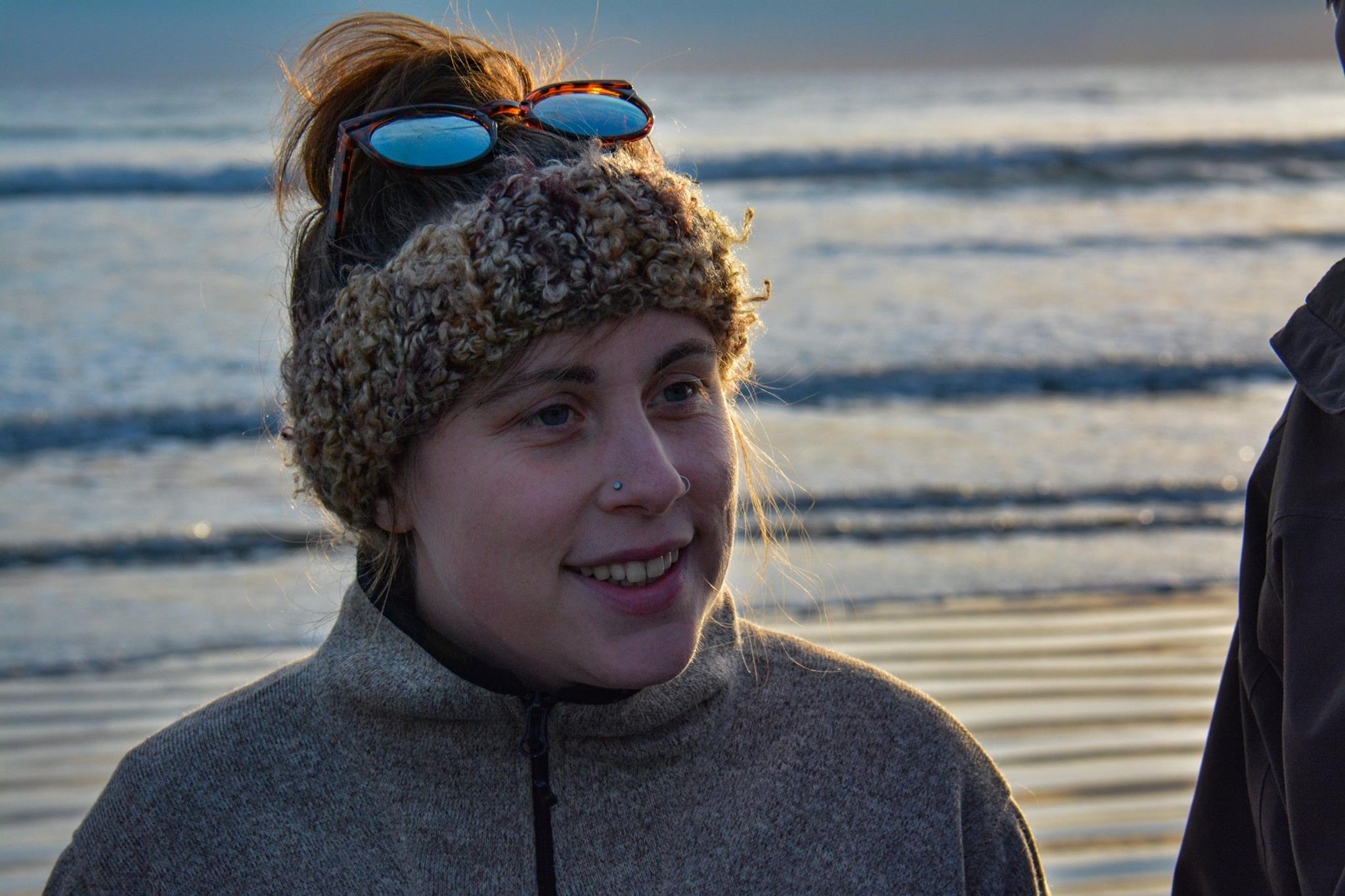
Researching and reporting on overfishing and underreported fish catches is not an easy task.
Nevertheless, for the past 18 years, the Sea Around Us has taken on this mission and nowadays its global reconstructed catch data has become a point of reference for scientists, conservation practitioners, fishers, and fisheries managers across the world.
But getting this information and the associated implications to the general public, and inspiring people to take action on it, is a whole different story. Fortunately, filmmaker Alison Barrat, from the Khaled Sultan Living Oceans Foundation, understood how important it is to spread the word about the true amount of fish we are taking out of our oceans and, with the support of the Smithsonian Channel, Rare and the Sea Around Us, produced and directed the documentary An Ocean Mystery: The Missing Catch.






